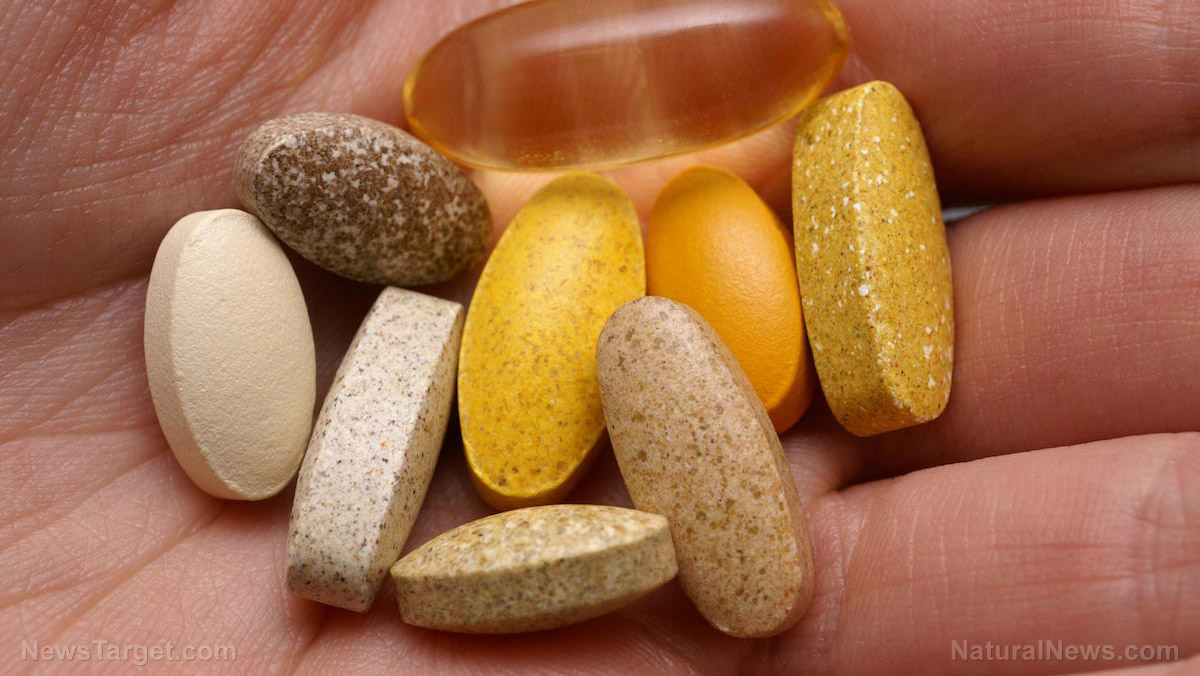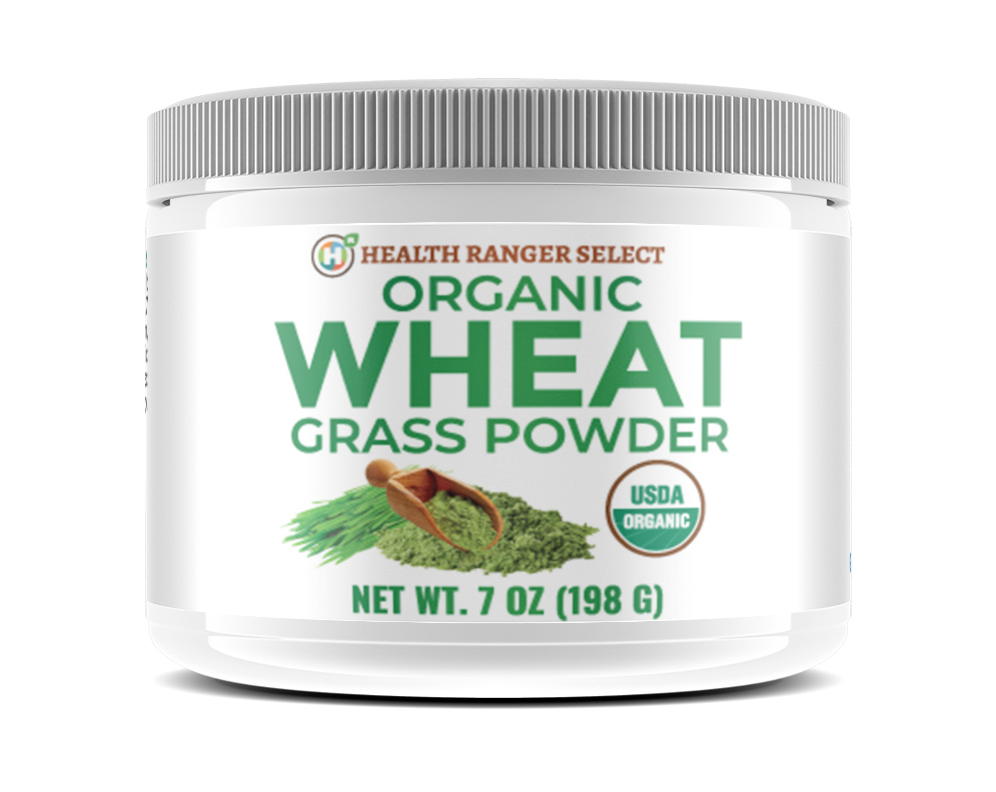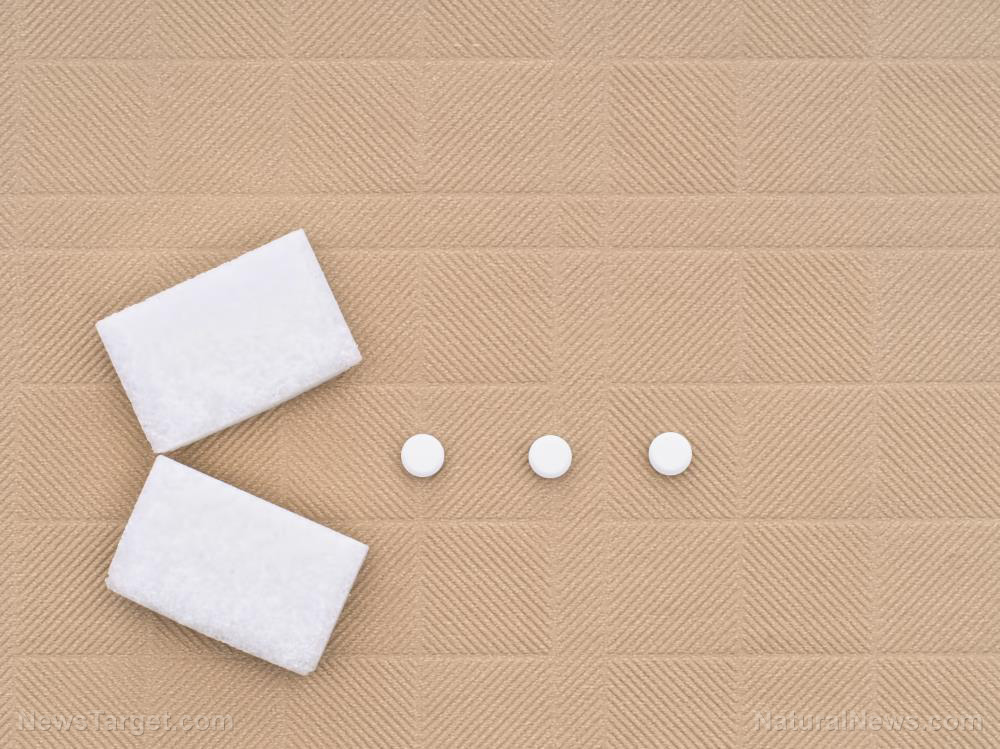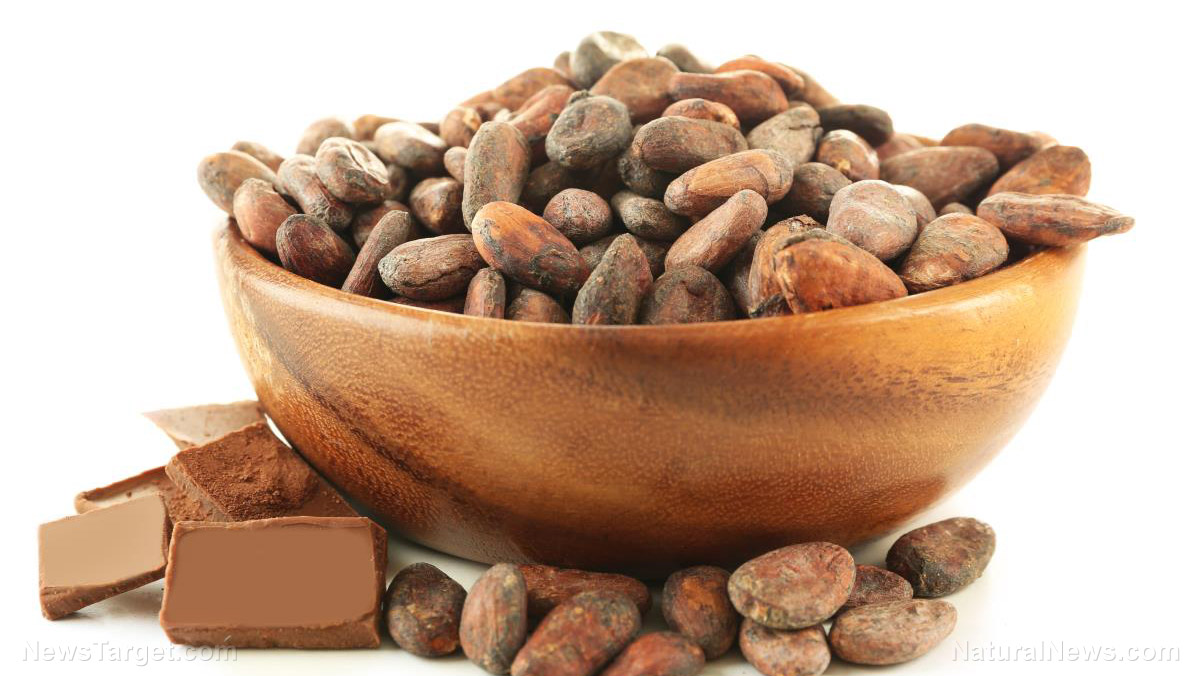Buyer beware: Your vitamin B12 supplements may contain cyanide
02/26/2019 / By Isabelle Z.

When you take a supplement, your goal is usually to give your body something it lacks to enhance your health. Nutrient deficiencies are far too common these days, and supplements are a popular way to make up for areas in which your diet falls short. Unfortunately, if you’re taking vitamin B12 supplements, you could be getting a lot more than just this useful B vitamin – you might also be slowly dosing yourself with cyanide.
Used for keeping your nerves healthy and building the red blood cells that transport oxygen through your body, vitamin B12 is a crucial nutrient. Deficiencies are very common, especially in vegans and vegetarians. Because it can only be absorbed when it’s in the small intestine, digestive ailments make it more difficult for your body to absorb it. Low levels of vitamin B12 can cause problems like chest pain, shortness of breath, fatigue, confusion, numbness, pale skin, mouth soreness, memory loss, and slow reflexes, so it’s important to make sure your body is getting enough of it.
You might be surprised to learn that the type of B12 that is used in most mass-market vitamins contains cyanide in the form of a synthetic additive called cyanocobalamin. You can find it easily in vitamins on store shelves, especially the cheaper and store-brand offerings. According to a recent expose by Green Med Info, the ingredient’s safety is the topic of much debate.
The cyanide in these vitamins is organically bound to vitamin B12, or cobalamin, and its potential for harm is low in theory – but that’s assuming that a person is in optimum health and their liver is able to effectively remove it. If their system is already dealing with toxin exposure from other avenues or they’re one of the many people unable to metabolize B12 properly, it could mean higher levels of cyanide in your system. Smokers, too, can run into trouble and should be careful to avoid this type of B12.
How to get vitamin B12 without the risks of cyanide
Of course, a deficiency in B12 isn’t good for your health either, so don’t avoid these supplements out of a fear of cyanide poisoning. Instead of worrying about supplements, you can try to get biologically active B12 through your diet. Foods like white button mushrooms, chlorella, and spirulina are great sources. You can also take probiotics like Lactobacillus reuteri, which can help increase the populations of the natural, beneficial bacteria that produce B12.
If you do need to go the supplement route, however, you can safely get B12 if you know what to look for. When you’re shopping for vitamins, look for cyanide-free forms of B12 such as hydroxocobalamin, methylcobalamin, or aquacobalamin. Green Med Info notes that the methylcobalamin form is the ideal variety, although it does carry a higher price tag. It’s superior because it is the form that is found in nature and is ready for your body to put to use right away.
This issue underscores the importance of buying supplements from trusted sources and researching the ingredients of anything you put into your body. Ignore the marketing claims on the package, and take the time to seek information from unbiased sources. After all, the point of supplements is to improve your health, not damage it!
Sources for this article include:
Tagged Under: b vitamins, B12 Deficiency, buyer beware, Chlorella, cyanide, ingredients, methylcobalamin, nutrients, prevention, spirulina, supplements, vitamin B12



















